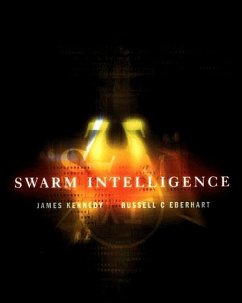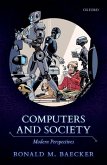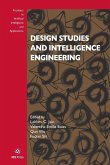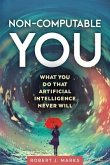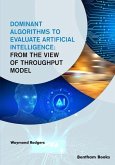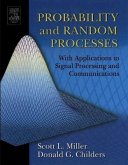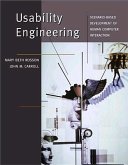Traditional methods for creating intelligent computational systems have privileged private "internal" cognitive and computational processes. In contrast, "Swarm Intelligence" argues that human intelligence derives from the interactions of individuals in a social world and further, that this model of intelligence can be effectively applied to artificially intelligent systems. The authors first present the foundations of this new approach through an extensive review of the critical literature in social psychology, cognitive science, and evolutionary computation. They then show in detail how these theories and models apply to a new computational intelligence methodology-particle swarms-which focuses on adaptation as the key behavior of intelligent systems. Drilling down still further, the authors describe the practical benefits of applying particle swarm optimization to a range of engineering problems. Developed by the authors, this algorithm is an extension of cellular automata and provides a powerful optimization, learning, and problem solving method. This important book presents valuable new insights by exploring the boundaries shared by cognitive science, social psychology, artificial life, artificial intelligence, and evolutionary computation and by applying these insights to the solving of difficult engineering problems. Researchers and graduate students in any of these disciplines will find the material intriguing, provocative, and revealing as will the curious and savvy computing professional. * Places particle swarms within the larger context of intelligent adaptive behavior and evolutionary computation. * Describes recent results of experiments with the particle swarm optimization (PSO) algorithm * Includes a basic overview of statistics to ensure readers can properly analyze the results of their own experiments using the algorithm. * Support software which can be downloaded from the publishers website, includes a Java PSO applet, C and Visual Basic source code.
Hinweis: Dieser Artikel kann nur an eine deutsche Lieferadresse ausgeliefert werden.
Hinweis: Dieser Artikel kann nur an eine deutsche Lieferadresse ausgeliefert werden.

